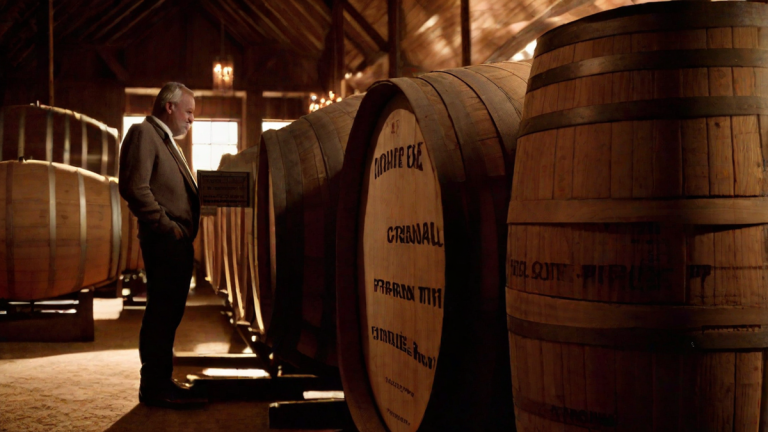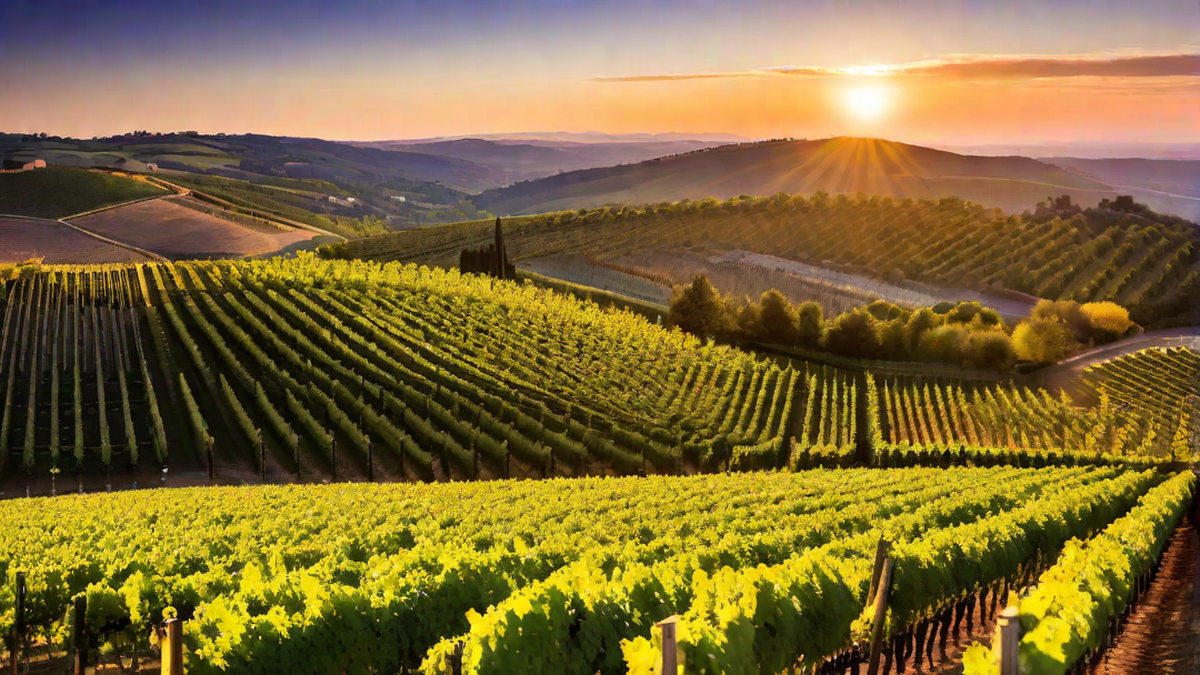When it comes to the captivating realm of making wine, fermentation is an essential step that turns grape juice into the beloved beverage we call wine. As a passionate wine lover and someone who has experimented with making wine, I can attest that the length of fermentation greatly impacts the ultimate taste and excellence of the wine.
Before we delve into the specifics of how long it takes wine to ferment, let’s first understand what fermentation actually is. Fermentation is a natural metabolic process where yeast converts sugar into alcohol and carbon dioxide. In winemaking, this process occurs when yeast is introduced to grape juice, kick-starting the magical transformation.
The duration of fermentation can vary depending on various factors such as grape variety, yeast strain, temperature, and winemaker preferences. On average, primary fermentation typically lasts anywhere from 4 to 10 days. During this stage, the yeast consumes the sugar in the grape juice and produces alcohol and carbon dioxide as byproducts. It’s important to monitor the temperature during this phase to ensure optimal fermentation conditions.
Once the primary fermentation is complete, winemakers often proceed to a secondary fermentation process known as malolactic fermentation. This is where the tart malic acid in the wine is converted into softer lactic acid, resulting in a smoother and less acidic taste. Malolactic fermentation can take anywhere from a few weeks to several months, depending on the desired style of wine.
While the initial fermentation process can be relatively quick, it’s important to note that wine continues to evolve and develop even after fermentation is complete. This is where aging comes into play. Some wines, particularly red wines, benefit from aging in oak barrels or stainless steel tanks, allowing them to develop complex flavors and aromas over time. Aging periods can range from a few months to several years, depending on the style of wine and the winemaker’s vision.
Now, let’s talk about my personal experiences with wine fermentation. I vividly remember the first time I attempted to make my own wine. I carefully selected the grape variety, crushed the grapes, and added the yeast to kick off the fermentation process. I eagerly watched as the fermenting juice bubbled and fizzed, knowing that something magical was happening inside those glass carboys.
As the days went by, I monitored the specific gravity of the wine, eagerly waiting for it to reach the desired level, indicating that fermentation was slowing down. It was a moment of joy and satisfaction when I finally tasted my homemade wine, knowing that I had played a part in its creation.
In conclusion, the duration of fermentation in winemaking can vary depending on multiple factors. From a few days of primary fermentation to weeks or months of secondary fermentation and aging, each step contributes to the final character and quality of the wine. Whether you’re a winemaker or simply a wine lover, understanding the fermentation process adds a deeper appreciation for the craft behind every bottle we uncork.




